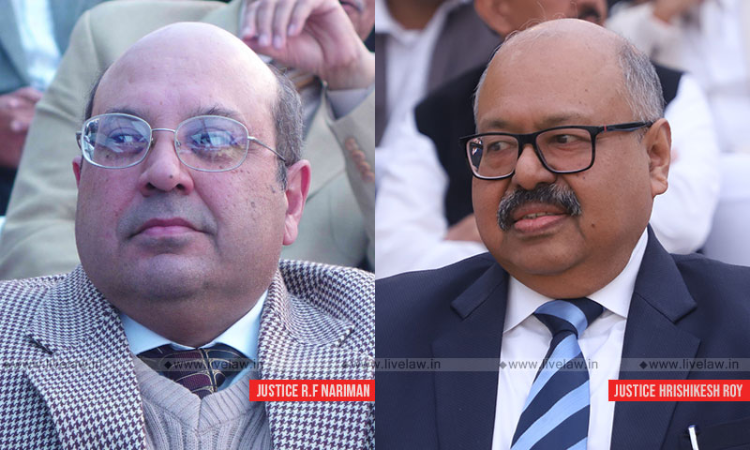The Supreme Court observed that a possible apprehension of breach of law and order cannot be a ground to detain a person under Preventive Detention Laws.The bench headed by Justice RF Nariman observed that mere contravention of law such as indulging in cheating or criminal breach of trust certainly affects 'law and order' but before it can be said to affect 'public order', it must affect...

